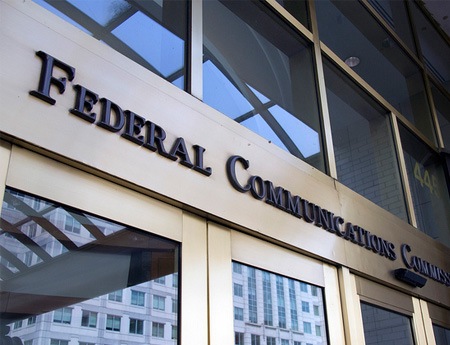CTIA Seeking Full Court Review of Title II Decision

The smarter way to stay on top of broadcasting and cable industry. Sign up below
You are now subscribed
Your newsletter sign-up was successful
CTIA: The Wireless Association, which represents wireless ISPs, will seek an en banc (full court) rehearing of the three-judge panel decision upholding the FCC's Open Internet order reclassifying fixed and mobile broadband as telecommunications services subject to Title II common carrier regs. That is according to a source familiar with the association's thinking.
The deadline for seeking that hearing from the U.S. Court of Appeals for the District of Columbia is Friday, 45 days after the initial decision June 14.
CTIA will, not surprisingly, focus on the wireless portion of that decision—the FCC for the first time said its network neutrality rules applied to wireless as well as wired broadband. Much to CTIA's dismay, the three-judge panel said the FCC had the statutory authority to make that call. “The Commission permissibly found that mobile broadband like all broadband—is a telecommunications service subject to common carrier regulation under Title II of the Communications Act,” the three-judge panel said.
The FCC initially classified mobile broadband as a private radio service back in 2007, the court pointed out, considering it a “nascent” service rather than one reaching a substantial portion of the public, which would make it a commercial mobile service subject to common carrier regs. But this time around the FCC said that with hundreds of millions now using mobile to access the internet, it was a commercial service and should be classified as such. The court agreed.
CTIA argues that mobile is qualitatively different from fixed, something the FCC has previously acknowledge, and requires "far more complex and aggressive network management than fixed broadband requires," which is why it says the FCC was wrong to apply the same regs to both.
Given that the petitioning parties only have 15 pages in which to make their case for full court review and given that it is very difficult to get such a rehearing, various parties—NCTA, USTelecom—who challenged the rules may file separate petitions as well to get at different bites of the apple if, as expected, they join CTIA in filing for rehearing.
Their initial challenges cited various grounds, including whether the ruling infringed the First Amendment, whether the FCC provided requisite notice (or was arbitrary and capricious), and whether the FCC had the authority to reclassify an information service as a telecom service.
The smarter way to stay on top of broadcasting and cable industry. Sign up below
A USTelecom spokesperson would not comment on the association's legal plans beyond the following statement: “The filing deadline is on Friday. We’re still weighing our options and don’t have anything more to say right now.”
The U.S. Court of Appeals for the D.C. Circuit decision could be appealed to the Supreme Court. The deadline for that is 90 days after the decision, but for those who file en banc petitions, that deadline becomes 90 days from when the en banc decision is rendered by the D.C. court.
An NCTA spokesperson declined comment.
Andrew Schwartzman, a public interest attorney with the Georgetown University Law Center who supports the FCC rules, says it doesn't matter how many petitions are filed or what they say "because the court is not going to grant rehearing."
Contributing editor John Eggerton has been an editor and/or writer on media regulation, legislation and policy for over four decades, including covering the FCC, FTC, Congress, the major media trade associations, and the federal courts. In addition to Multichannel News and Broadcasting + Cable, his work has appeared in Radio World, TV Technology, TV Fax, This Week in Consumer Electronics, Variety and the Encyclopedia Britannica.

